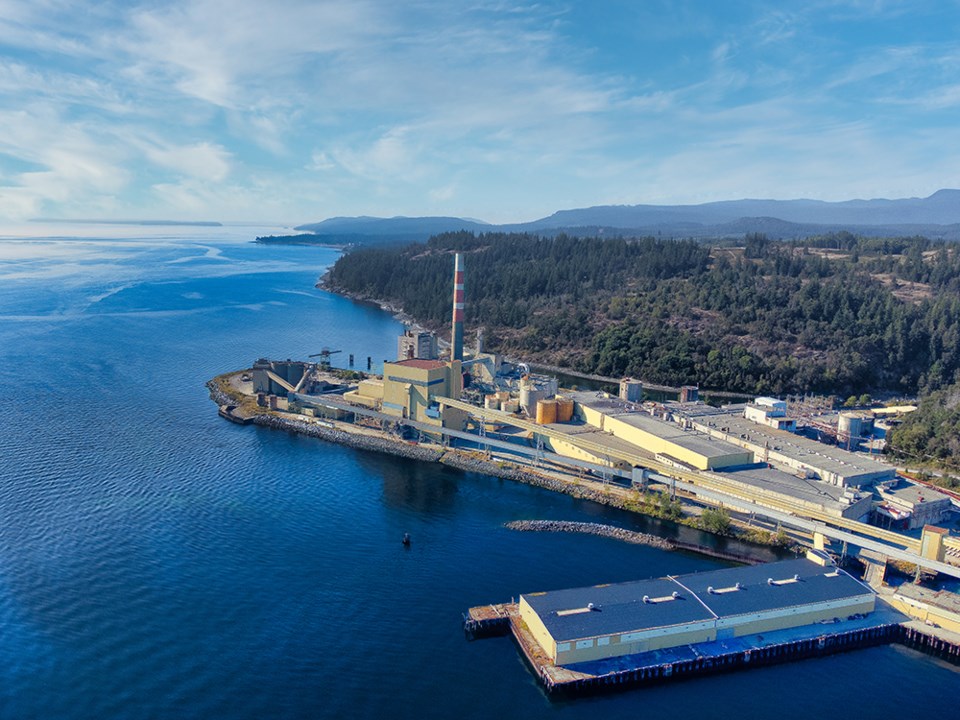City of Powell River councillors have unanimously endorsed the property tax stabilization reserve fund, which has been created to offset potential significant decreases in industrial taxation in the future.
At the July 11 city council meeting, councillor Earl Almeida said chief financial officer Mallory Denniston had brought the bylaw proposal to council earlier in the year when looking at the budget, as an opportunity to protect the city, not knowing where the mill site is going to go in the next couple of years in terms of tax assessment.
“It will create a little bit of a slush fund to help with not having to make larger [tax] increases down the road should the mill revenue that we get in future years be a big difference from what we are currently getting right now,” said Almeida.
During question period, the Peak asked if Paper Excellence had paid its tax assessment for the Catalyst Paper Tis’kwat mill. Mayor Ron Woznow said the full amount has been paid.
With passage of the property tax stabilization reserve fund, council will deposit $1.6 million from 2024 property tax revenue into this fund. According to the bylaw, funds in this reserve and interest earned on it may only be used to lessen property tax increases on property classes impacted by changes to the major industry property class assessment.
According to a staff report from the June 27 special council meeting, there are three properties within the city that have major industry class assessments. All three are part of the Tis’kwat mill property, which permanently closed effective for the 2024 property tax year.
The staff report indicated that the major industry class produced additional revenue in 2024 because the revitalization tax exemption program bylaw that gave the mill a tax break had expired.
The staff report stated that future revenue of the mill property may significantly decline starting in 2025. The reserve fund would be maintained until any potential future changes to the major industry class are stable, according to the report.
In future, council may decide to transfer to or draw from this reserve fund depending on the change in the major industry property class assessment, the report stated.
The bylaw calls for depositing $1.6 million from the 2024 property tax revenue into this reserve fund, which is the money collected in 2024 over and above the $3.3 million collected in 2023 through the revitalization tax exemption program bylaw.
Join the Peak's email list for the top headlines right in your inbox Monday to Friday.



